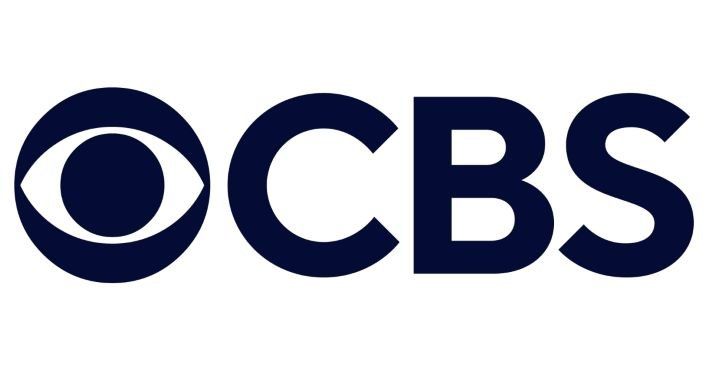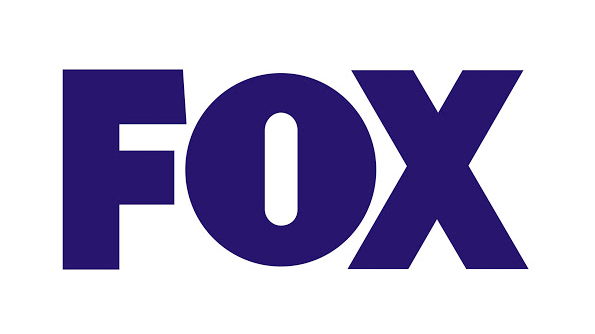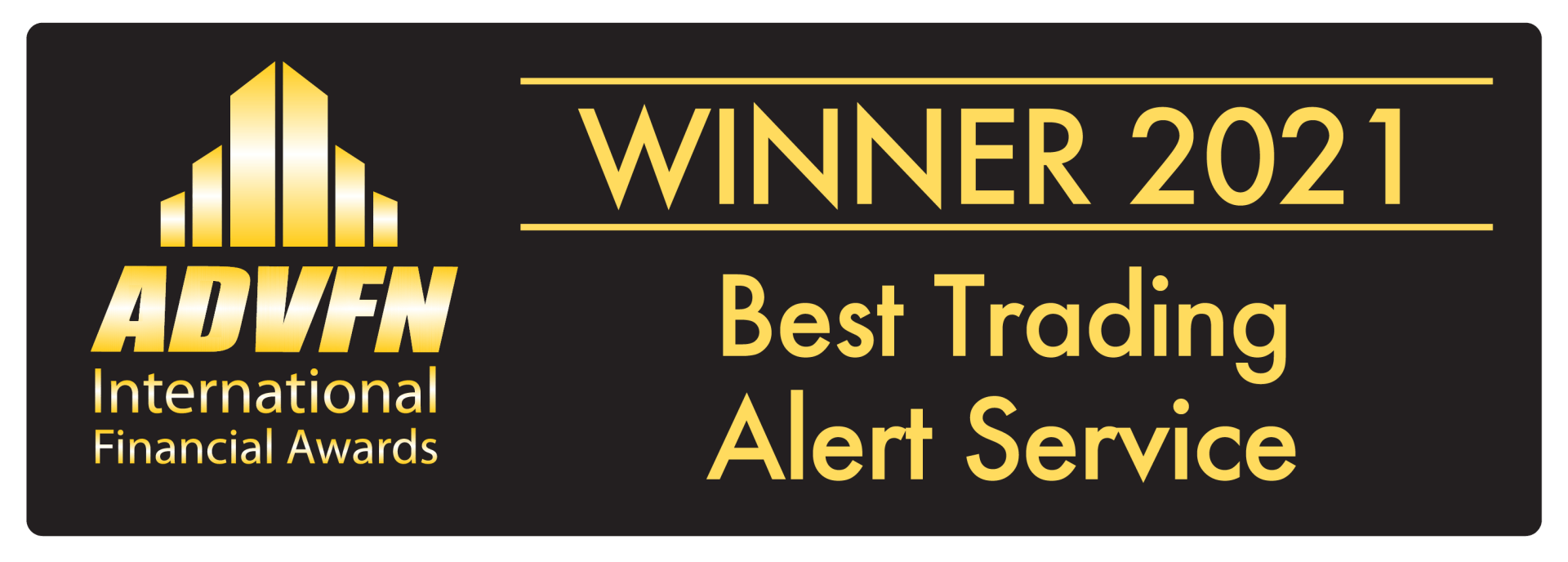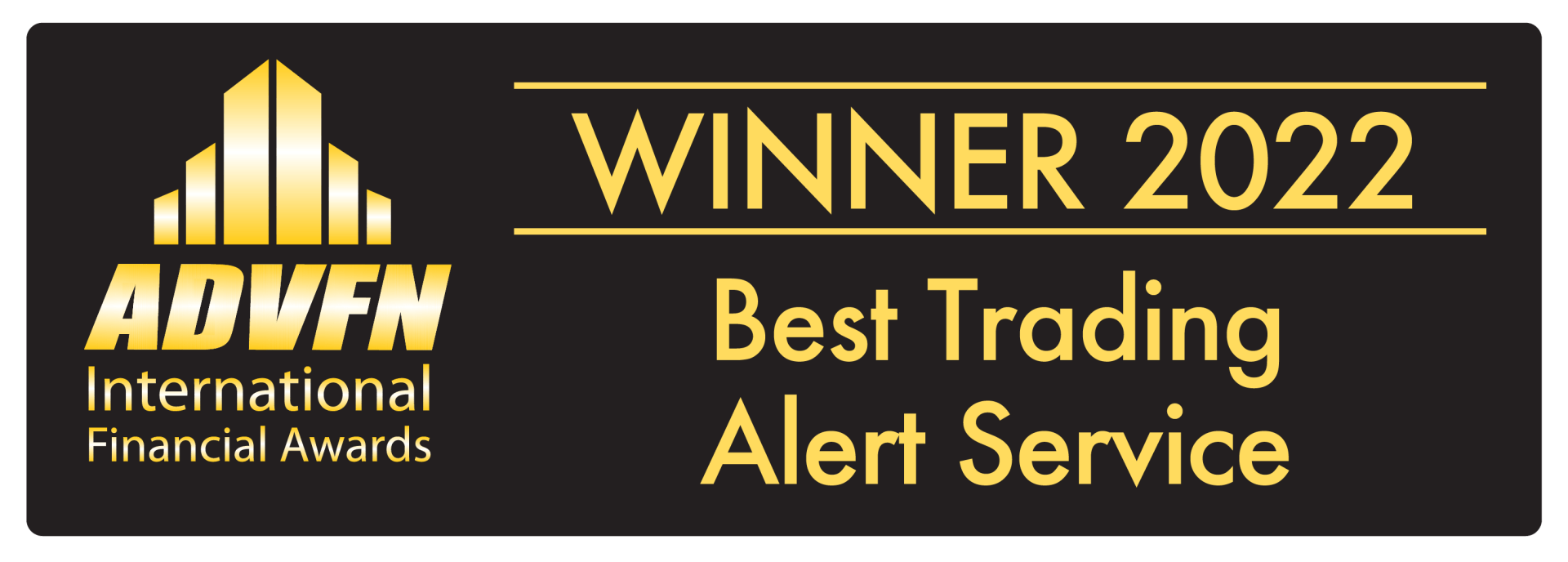What is Monetary Policy
It goes without saying that money is an important part of society. We work to earn money, which we then spend on core living expenses such as rent, rates, food etc. If there is any over at the end of the month we may spend it on leisure activities or save it for a future purpose. As they say, money makes the world go round.
But have you ever wondered who sets the rules about money and why sometimes your money doesn't go as far as it used to? (like in this current era of inflation). Well it all comes down to Monetary Policy.
Monetary Policy
To maintain an orderly society a country needs to provide an environment that gives its citizens an opportunity to work, earn money and improve their lives and the lives of their family (often done by saving money and investing for the future). Monetary policy is basically the set of tools that a country uses to control the overall money supply (to banks, consumers and businesses) in order to manage long term sustainable economic growth. Thus providing a safe, flexible and stable monetary and financial system. Without a stable financial system inflation can run riot, which makes people poorer and unsettled (look at the history of countries which have had historic high inflation).
Historically many governments used to manage Monetary Policy but in the past 20 years the trend has been to move this responsibility to the relevant Central Bank so that it doesn't get caught up in any political bias. So in the USA it's managed by the Federal Reserve (Fed), in Europe it's managed by the European Central Bank (ECB) and in the UK it's managed by the Bank of England (BoE).
Central Banks
A Central Bank is effectively the bank for the country. It is responsible for setting central interest rates (upon which all loans are based) and managing the countries bank account (basically how much money it has in it's account, what asset types it holds, how much it borrows, how much it lends etc.). As well as setting Monetary Policy the role of Central Banks also includes supervising and regulating banks, maintaining financial stability and providing banking services (they are effectively the bank to the banks). Importantly they also control the production and distribution of money (yep, these are the guys that print it!).
Interest Rates
One of the most important Central Bank tasks (and certainly most visible to the population) is the setting of interest rates. Interest rates dictate how much it costs to borrow money. In order for you to be able to borrow money your local bank needs to have money. The local bank gets their money from the central bank and the central bank charges them the base rate of interest. However, because your local bank has to make money to cover its running costs it will charge you a higher rate of interest.
Inflation Targets
The value of money in society is always reducing: a dollar today is always worth more than a dollar tomorrow. This is due to inflation whereby the price of goods and services increase on an ongoing basis. Inflation is just a fact of life and as long as the Central Bank keeps it under control then it is manageable. Most Central Banks agree that an inflation rate of 2% per year maximum is conducive to running an effective economy and so set the target at this level. When inflation moves above the target number it's the Central Banks job to bring it down. They do this by increasing interest rates. Increasing interest rates makes it harder for us to borrow money and pay off existing debt. Which broadly means that people have less money to spend thus reducing inflationary pressures.
In summary, a Central Bank acts as the bank of the country. It controls how much money the country has, how much it borrows, it sets the parameters for the banking system and it controls interest rates to ensure financial and economic stability (monetary policy).
Useful Links:
Picking Stocks in 2023,
Your Best Shot at Goal,
Speculating vs Investing,
Profile of a Futures Trader,
Invest in Yourself
The Inteligex trading system is award winning, simple to learn and easy to use. It offers both manual and auto trade solutions using High Probability Trade Signals and Indicators, for more information see here.
Inteligex works on any market over any time frame. It generates award winning High Probability Trade Signals and gives you a clear process which provides discipline to your trading. Comprehensive support and training means that all new Members get up to speed quickly. Learning is fun and fast in the inclusive Trading Room and we support you every step of the way. Perfect for those who want to learn to trade or improve their trading.
When you trade Nasdaq 100 technology stocks: trade nq, e-mini nq; S&P 500 stocks: trade es, e-mini ES or Russell 2000 stocks: trade RTY, e-mini RTY or commodities or Forex then use Inteligex, the best, award winning Trading Signals System.







